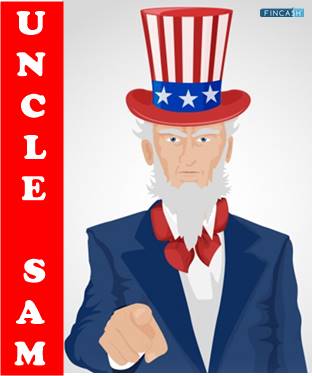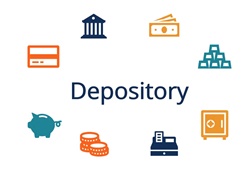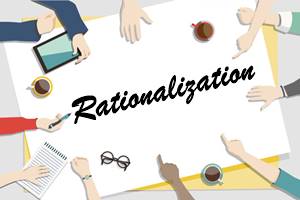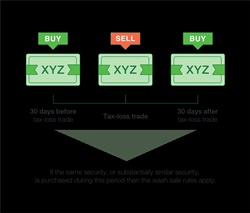
Table of Contents
Defining Uncle Sam
Uncle Sam term has importance in the federal government in the field of finance. For example, one may say, “I need to pay tax to Uncle Sam”, or “He owes INR 10,000 in tax to Uncle Sam”. If you ignore Uncle Sam, it will be a blunder!

It is sometimes used colloquially to represent the IRS, which levies Taxes on the corporations and citizens of America.
The Origin
Uncle Sam’s usage as a personification of the US federal government can be dated back to the War of 1812, which is believed to be the origin of the term. Its traces are believed to be associated with Samuel Wilson, the meatpacker, whose business used to supply several troops across New Jersey and New York against the British invaders.
Earlier, at that time, the contractors were required to stamp their names along with the location the ration is coming from onto the food delivery packages. So, the barrels of meat supplied by Wilson were stamped “E.A. - U.S.”, which was an abbreviation of his nickname, Uncle Sam.
Upon inquiring about what the initials stood for, a co-worker jokingly answered, “Elbert Anderson (who was the contractor) and Uncle Sam”. Although “U.S.” actually meant the United States, the co-worker referred to Samuel Wilson. Hence, Uncle Sam later became the personification of the US government, since the nation’s initials are also “U.S.”
The term is used in the world of finance as well as the financial media, and is used to refer to the national federal government, specifically to denote Income taxes. Moreover, some tax-sheltered products, including qualified retirement accounts or municipal Bonds, are sometimes known as “off-limits to Uncle Sam”. The term means that these products are not subject to taxes.
Talk to our investment specialist
Popular Representation of Uncle Sam
The well-known image of Uncle Sam represents a military recruiting poster of World War I, which was portrayed by James Montgomery Flagg. In the picture, a stern Uncle Sam is shown pointing his finger towards the viewer and saying the words to him/her, “I want YOU for U.S. Army.”
The person pictured in this popular image is a white-bearded, older white man wearing a top hat depicting the star-spangled American flag and a red bow tie. Similar images of Uncle Sam have appeared several times since the 1910s.
Uncle Sam has been a renowned symbol of the national federal government since the early 19th century, and hence, it is also a manifestation of the patriotic emotion in American culture.
However, according to an 1893 article titled “The Lutheran Witness”, Uncle Sam was merely another name for Brother Jonathan, which is originally a derogatory term used to denote the Puritans, especially during the English Civil War.
Before the 19th century, the earliest known personification of the US was Columbia, the name of a woman who first appeared in 1738 (the pre-USA era). Later, since the 20th century, the United States was also sometimes associated with another popular female personification, named Lady Liberty.
All efforts have been made to ensure the information provided here is accurate. However, no guarantees are made regarding correctness of data. Please verify with scheme information document before making any investment.












